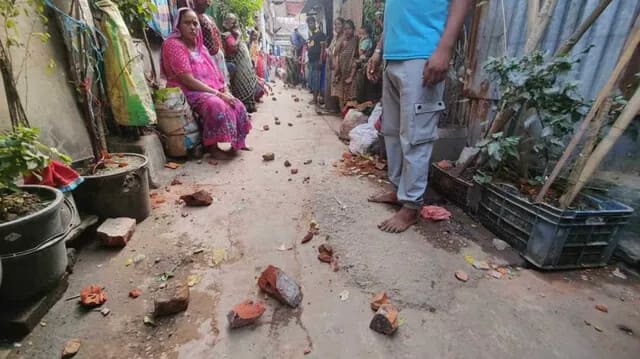
The Federal Government, alongside health commissioners from Nigeria’s 36 states and the Federal Capital Territory, has reaffirmed its commitment to eradicating Neglected Tropical Diseases across the country. Speaking at a high-level advocacy meeting in Abuja, the National Coordinator for NTDs at the Federal Ministry of Health and Social Welfare, Fatai Oyediran, revealed that $19m is required to effectively tackle NTDs in Nigeria. “We developed our NTDs master plan for 2023–2027.
With adequate investment, these diseases can be controlled and eradicated. Mobilizing resources and implementing this plan strategically will ensure NTDs in Nigeria become a thing of the past,” Oyediran stated. NTDs, as defined by the World Health Organisation, include diseases caused by various pathogens such as viruses, bacteria, and parasites.

These diseases predominantly affect impoverished communities in tropical areas, with over 1.6 billion people requiring NTD interventions globally. Nigeria accounts for approximately 50% of Africa’s NTD burden and 25% globally.
Some of the prevalent NTDs in the country include elephantiasis, river blindness, trachoma, schistosomiasis, and soil-transmitted helminthiasis. Oyediran highlighted inadequate funding as the primary challenge in combating NTDs, noting that most states lack dedicated budgetary provisions for addressing these diseases. Related News FG seeks more funds to tackle tropical diseases “We are engaging health commissioners to encourage their governors and budget ministries to establish a dedicated budget line for NTDs,” he said.
Abia State’s Commissioner for Health, Prof. Enoch Uche, reported that four NTDs—onchocerciasis, lymphatic filariasis, soil-transmitted helminthiasis, and schistosomiasis—were endemic in the state. “Through mass drug administration programs, Abia achieved certification for breaking the transmission of onchocerciasis and lymphatic filariasis in 2022,” he said.
Similarly, Kwara State Commissioner for Health, Amina El-Imam, announced the eradication of lymphatic filariasis and onchocerciasis in the state, while emphasising the need for renewed focus and funding to achieve the complete elimination of NTDs. The Director of Advocacy and Resource Mobilisation at United to Combat NTDs, Stuart Halford, called for prioritising NTD eradication, citing the economic and productivity losses caused by these diseases. Health officials across the country agreed that intensified efforts, strategic planning, and sufficient funding were critical to eliminating NTDs and improving the quality of life for affected populations.
The meeting concluded with calls for collaborative action between federal and state governments to address funding gaps and implement sustainable NTD eradication strategies..










